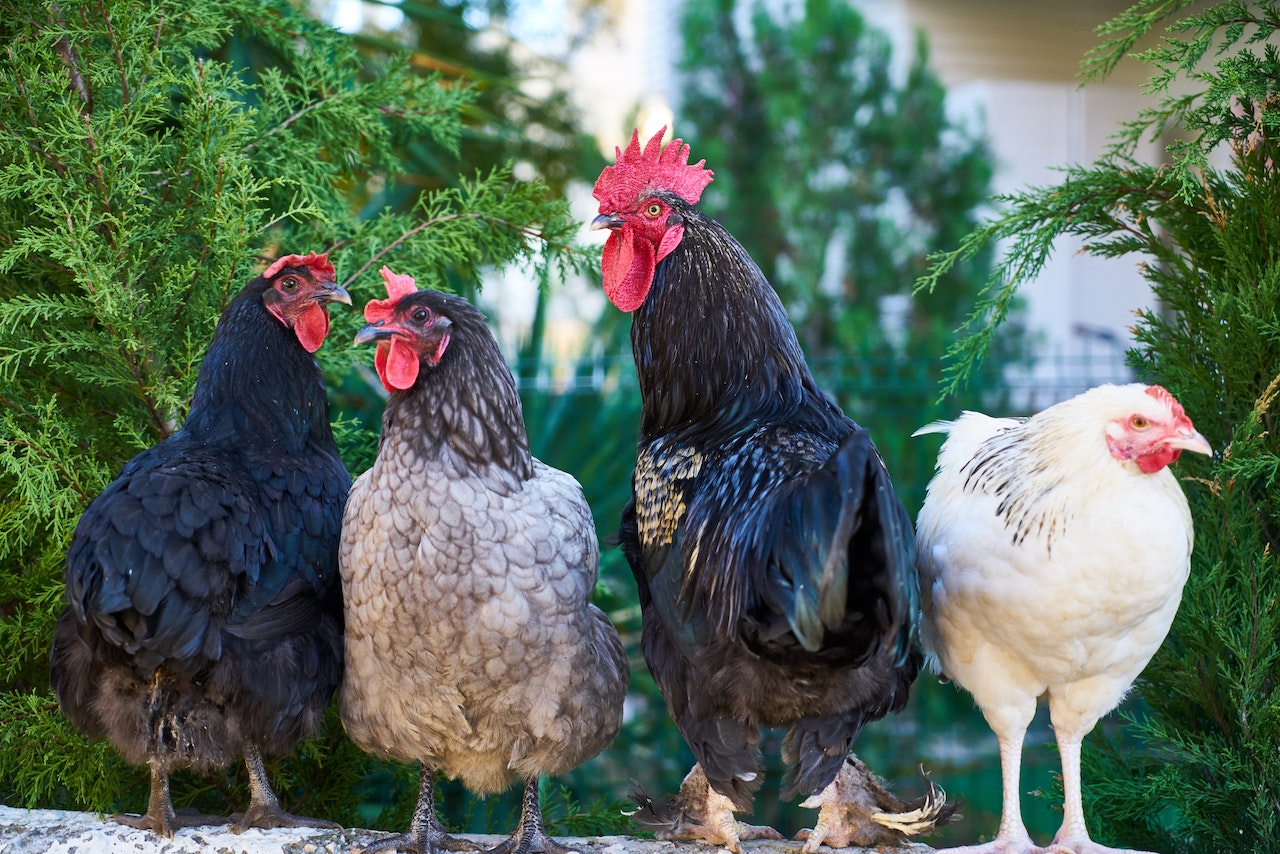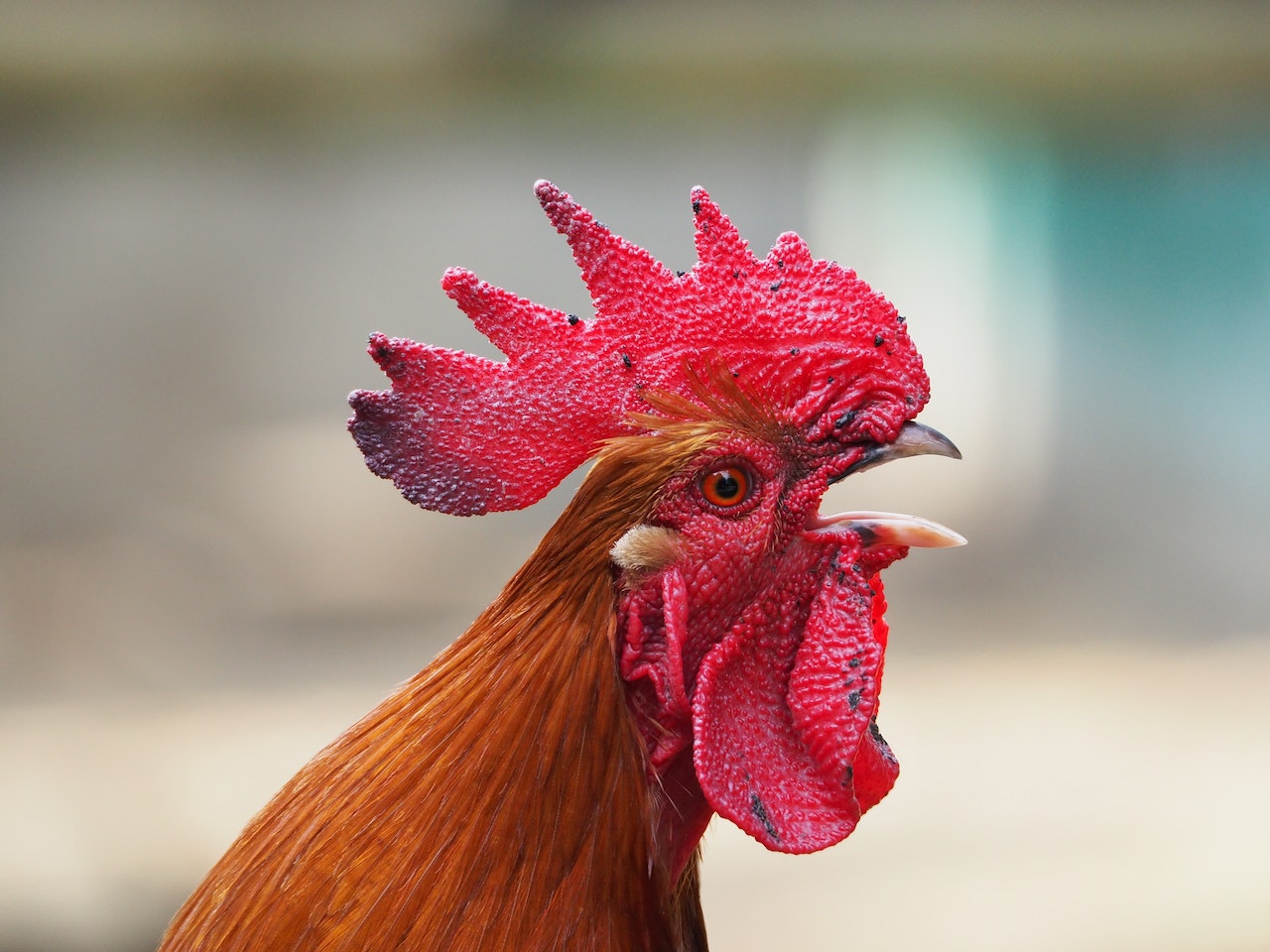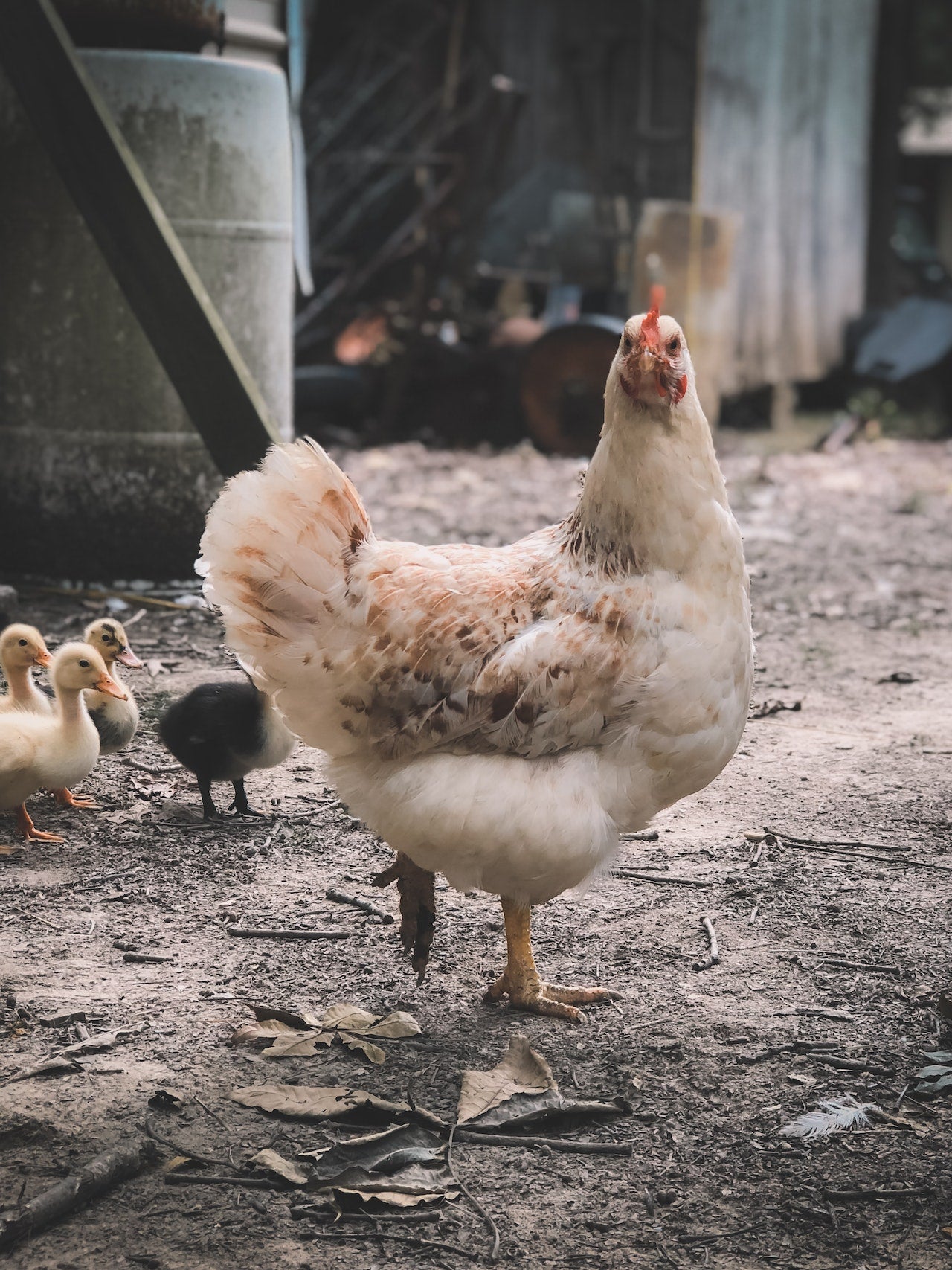
Watermelon, with its juicy and refreshing nature, is a favorite summertime treat for many. But can chickens indulge in this sweet fruit as well? In this comprehensive guide, we will delve into the world of feeding watermelon to chickens, covering topics such as nutritional benefits, feeding guidelines for different age groups, potential risks, and serving suggestions. So, let's crack open the melon and discover if chickens can feast on this summer delight!
Can Chickens Eat Watermelon?
Yes, Chickens can eat watermelon as part of their diet. This fruit is a safe and nutritious treat that can provide additional hydration, essential vitamins, and a burst of natural sugars for our feathered friends.

Nutritional Benefits of Feeding Chickens Watermelon
Watermelon offers several nutritional advantages for chickens. It is rich in vitamins A, B6, and C, as well as potassium and magnesium. These nutrients support overall health, immune function, and feather growth in chickens.
Feeding watermelon to chickens can offer various nutritional benefits, making it a valuable addition to their diet. Let's explore the specific advantages of including watermelon in their nutrition:
- Hydration: Watermelon consists of about 90% water, making it an excellent hydrating treat for chickens, especially during hot weather or when they need extra moisture. Proper hydration is vital for their overall health, digestion, and egg production.
- Vitamins: Watermelon is a rich source of essential vitamins, including:
Vitamin A: Important for maintaining healthy vision, immune function, and reproductive health in chickens.
Vitamin B6: Helps with enzyme functions, metabolism, and proper nervous system development.
Vitamin C: Supports immune function and acts as an antioxidant, protecting cells from damage.
- Electrolytes: Watermelon contains natural electrolytes like potassium and magnesium, which are crucial for muscle function, nerve transmission, and maintaining a healthy balance of fluids in the body. These electrolytes contribute to optimal organ function and help prevent electrolyte imbalances.
- Antioxidants: Watermelon is known for its antioxidant content, particularly in the form of lycopene. Antioxidants help neutralize harmful free radicals in the body, potentially reducing the risk of certain diseases and supporting overall health.
- Natural Sugars: Watermelon contains natural sugars, which provide chickens with a quick burst of energy. This can be particularly beneficial during periods of stress, molting, or when they require an extra energy boost.
- Fiber: While watermelon is not exceptionally high in fiber, it does contribute some dietary fiber to a chicken's diet. Adequate fiber promotes healthy digestion and can prevent issues like constipation.
It's important to note that while watermelon offers these nutritional benefits, it should be offered as a supplement to a well-balanced diet specifically formulated for chickens. Watermelon should not replace their regular feed, which is designed to provide a complete and balanced mix of nutrients.
Can Baby Chicks Eat Watermelon?
While watermelon is generally safe for chickens, it's important to introduce it to baby chicks gradually. Begin offering small, mashed pieces of watermelon once they are a few weeks old, ensuring it is a small portion of their balanced diet.
Can Chickens Eat the Seeds of Watermelon?
Chickens can consume watermelon seeds without any issues. In fact, they can be a valuable source of protein and healthy fats for them. However, it's essential to ensure that the seeds are not treated with any chemicals or pesticides.
Can Chickens Eat the Rind of Watermelon?
The rind of watermelon is generally safe for chickens to consume. However, it is best to remove the green outer layer and serve only the white part in moderation. Chopping the rind into small, manageable pieces can help chickens enjoy it more easily.
How to Serve Watermelon to Chickens
Serving watermelon to chickens is a delightful way to provide them with a refreshing treat. Here are some guidelines on how to serve watermelon to your feathered friends:
- Prepare the Watermelon: Choose a ripe watermelon that is fresh and free from any signs of spoilage. Wash the outer surface thoroughly to remove any dirt or contaminants. Cut the watermelon into manageable chunks, considering the size of your chickens and the number of birds you are feeding.
- Remove the Rind: While chickens can consume the rind of watermelon, it's best to remove the green outer layer and serve only the white part. The rind can be tougher for them to consume, and removing it makes it easier for them to enjoy the juicy flesh.
- Cut into Bite-Sized Pieces: Chop the watermelon flesh into small, bite-sized pieces. This helps prevent any choking hazards and allows the chickens to eat the treat more easily. Smaller pieces also make it convenient for them to peck and enjoy the juicy goodness.
Feeding Options: There are a few ways you can serve watermelon to chickens:
- Place the watermelon pieces in their feeding dish or trough, allowing them to eat directly from it.
- Scatter the watermelon pieces on the ground in their coop or run, encouraging natural foraging behavior.
- Hang slices or chunks of watermelon from a string or wire for a fun and interactive feeding experience
How Much Watermelon Can Chickens Consume?
Watermelon should be offered as a treat and not as a primary food source. A general guideline is to provide approximately 10-15% of their diet in treats, including watermelon. Moderation is key to maintaining a balanced diet and preventing any potential digestive issues.
Risk of Feeding Watermelon to Chickens
While watermelon is generally safe for chickens, there are a few considerations to keep in mind. Overfeeding watermelon can lead to diarrhea or other digestive issues, so it's important to offer it in moderation. Additionally, always ensure that the watermelon is fresh and not spoiled, as spoiled fruit can make chickens ill.
Conclusion
Watermelon can be a delightful and nutritious addition to a chicken's diet when offered in moderation. Its high water content, essential vitamins, and refreshing taste make it an excellent treat during hot summer months. Remember to introduce watermelon gradually to young chicks, remove the rind and seeds if desired, and ensure proper portion control. By following these guidelines, you can safely provide your chickens with a tasty summer indulgence while promoting their overall health and well-being.



